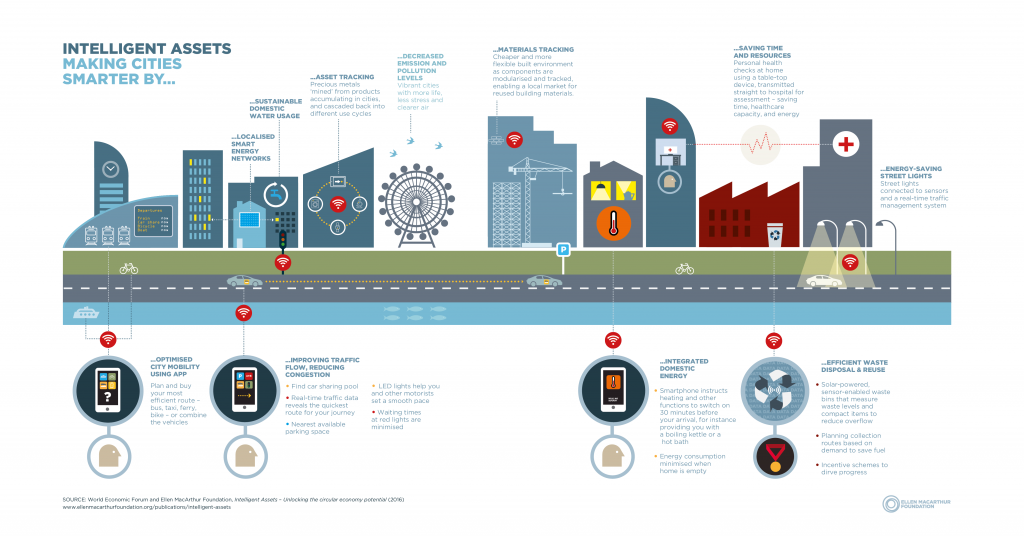Main Page: Difference between revisions
No edit summary |
No edit summary |
||
| Line 1: | Line 1: | ||
There are significant benefits to be gained when communities use data to engage citizens, deliver services, and share resources. Civically minded teams including governments, commercial partners, university researchers and NGOs around the world are working together to deliver these benefits. OpenCommons provides a platform for this collaboration. | |||
Current community services are held back by two challenges. First, many current information and communication technology deployments are based on custom systems that are not interoperable, portable between communities, extensible, or cost-effective. Second, a number of implementation and API design efforts are underway but have not yet converged, this creates uncertainty about the best approach and stalls implementation. | |||
The objective of OpenCommons is to bring together governments, commercial partners, university researchers and NGOs to remove the technical barriers to broad deployment of socially beneficial data services. For an understanding of the outcomes we are striving to achieve see the work of the Ellen MacArthur Foundation exploring the circular economy and Kate Raworth balancing essential human needs and planetary boundaries. Please join us in this effort. | |||
[[File:IA_Smarter-Cities.png|1200px|Circular Economy provided by the Ellen MacArthur Foundation]] | |||
* | |||
* | ;'''OpenCommons Groups''' | ||
* | *Modelado Group: Advances distributed computing including high performance, edge and fog computing. | ||
*The Cirrus Group: Advances smart city technologies in buildings, transportation, utilities, and much more. | |||
*Urban Platform Group: Advances data interoperability, code portable between solutions, and system extensibility. | |||
Revision as of 20:56, October 31, 2021
There are significant benefits to be gained when communities use data to engage citizens, deliver services, and share resources. Civically minded teams including governments, commercial partners, university researchers and NGOs around the world are working together to deliver these benefits. OpenCommons provides a platform for this collaboration.
Current community services are held back by two challenges. First, many current information and communication technology deployments are based on custom systems that are not interoperable, portable between communities, extensible, or cost-effective. Second, a number of implementation and API design efforts are underway but have not yet converged, this creates uncertainty about the best approach and stalls implementation.
The objective of OpenCommons is to bring together governments, commercial partners, university researchers and NGOs to remove the technical barriers to broad deployment of socially beneficial data services. For an understanding of the outcomes we are striving to achieve see the work of the Ellen MacArthur Foundation exploring the circular economy and Kate Raworth balancing essential human needs and planetary boundaries. Please join us in this effort.
- OpenCommons Groups
- Modelado Group: Advances distributed computing including high performance, edge and fog computing.
- The Cirrus Group: Advances smart city technologies in buildings, transportation, utilities, and much more.
- Urban Platform Group: Advances data interoperability, code portable between solutions, and system extensibility.
